April 17, 2025 | 14:13 GMT +7
April 17, 2025 | 14:13 GMT +7
Hotline: 0913.378.918
April 17, 2025 | 14:13 GMT +7
Hotline: 0913.378.918
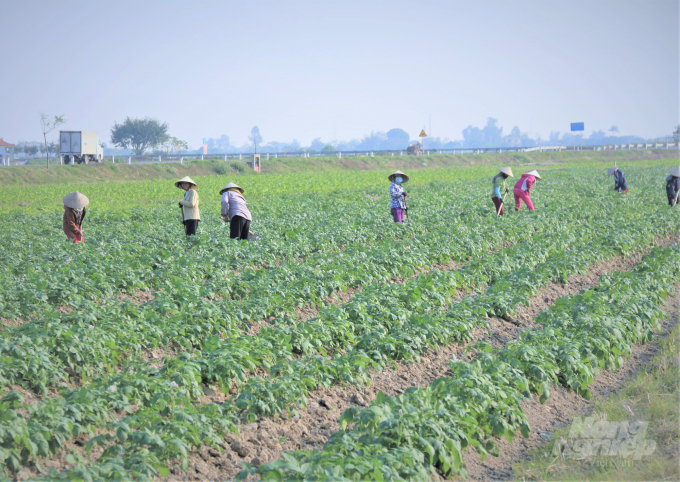
Reality shows that the implementation of the 2013 Land Law still has certain shortcomings and inadequacies that have yet been solved in a synchronous and effective manner. Photo: Pham Hieu.
The National Assembly passed the 2013 Land Law on November 29, 2013, at the 6th session of the National Assembly XIII, and effective from July 1, 2014.
After nearly 10 years of organizing the implementation of the 2013 Land Law, land policies for socio-economic development, including land law policies for agriculture and rural development, have achieved important results.
The planning of land use as well as the work of land allocation, lease, and acquisition have resulted in effective and ‘on the right track’ land use. The cadastral database has been thoroughly operated by many localities, creating a foundation to serve multi-purpose goals.
Policies on land acquisition, compensation, and resettlement support basically secure the rights of people whose land is acquired. This fact also applies to the regulations regarding the rights and obligations of land users. And a legal framework for the healthy operation of the real estate market has been established.
People are starting to follow the trend of accumulating land to develop concentrated and large-scale agroproduction, accelerating the restructuring of the agriculture sector and improving land use efficiency.
However, according to Dr. Tran Trong Phuong, Faculty of Natural Resources and Environment, Vietnam National University of Agriculture (VNUA), reality shows that the implementation of the 2013 Land Law still has certain shortcomings and inadequacies that have yet been solved in a synchronous and effective manner.
Land resources have not really been fully utilized and sustainably promoted. Land use efficiency remains low in many places. Loss of state budget revenue related to agricultural land still occurs.
Agricultural land accumulation and concentration processes are slow, yet to keep up with the general demand to restructure the agriculture sector. Land fragmentation is another factor preventing individuals and businesses from long-term investment in agriculture.
Along with that, there is still the situation of using land for improper purposes, arbitrarily changing the use purpose, not registering changes with competent state agencies, and failing to strictly fulfill financial obligations as prescribed, potentially causing instability in the process of socio-economic development.
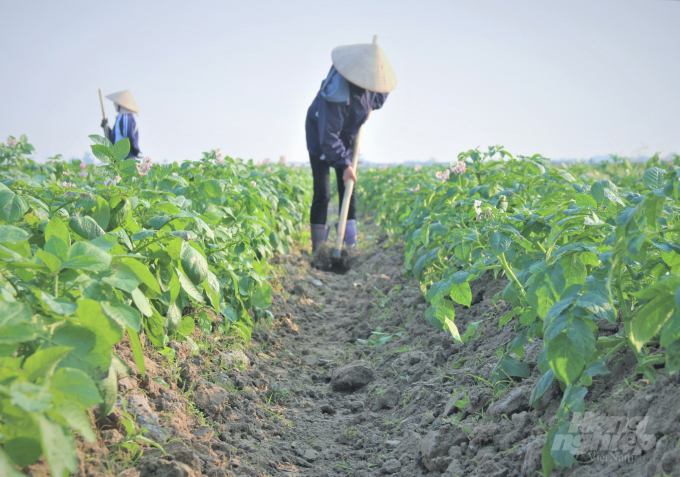
The matter of building a transparent agricultural land transfer market is of great concern. Photo: Pham Hieu.
According to Dr. Cao Viet Ha, Faculty of Natural Resources and Environment (VNUA), the matters of land management only receive attention in terms of quantity and area. There have yet had satisfactory policies to manage land in terms of quality. Not to mention the quality of agricultural land has been degraded and polluted over the years without proper and timely solutions to prevent it.
Therefore, it is essential to focus on building synchronous policies to encourage land concentration and accumulation. Agricultural land should have its quality protected and maintained so that ecological and sustainable agriculture can be developed to its full potential.
Deputy Minister of Agriculture and Rural Development Tran Thanh Nam said that building a transparent agricultural land transfer market needs care and effort of people and businesses as one whole entity.
“In my opinion, it is possible to establish agricultural land use right transaction center to aid businesses, cooperatives and farmers in need. This is a good model. We should carry out further studies regarding this matter. If businesses lack land, having a transparent way to trade and exchange with farmers or cooperatives will prove favorable for all parties involved.”
According to Mr. Nguyen Tien Cuong, Deputy Head of the Economic Department (Vietnam Farmers' Union - Central), in order to develop commodity agriculture, it is necessary to promote the expansion of land tenure and norms. That will be the basis for building and forming the agroproduction market that goes in line with the current trend.
The representative of the Vietnam Farmers' Union also agrees with the idea of developing agricultural land use right transaction center.
"We must facilitate the formation and development of mechanisms and policies in order to develop agricultural land use right transaction center. It is this model that will create favorable conditions for businesses wishing to access land for large-scale agroproduction. Farmers in need will be able to rent and contribute land without losing land use rights as we further promote the form of agricultural land conversion, capital contribution, or lease. The transfer needs to have a definite limit to guarantee farmers’ interests."
Translated by Samuel Pham
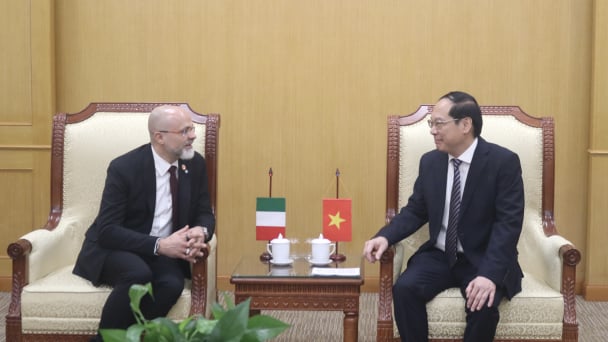
(VAN) During the working session with Deputy Minister Le Cong Thanh, Professor Francesco Corvaro, Italian Climate Change Envoy, reaffirmed Italy's commitment to supporting Vietnam in climate change response.
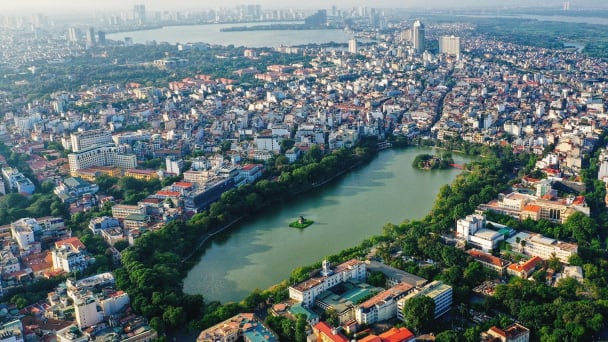
(VAN) After the merger, key leadership personnel of the provinces must consult with the General Secretary, key leaders, and the Standing Secretariat.
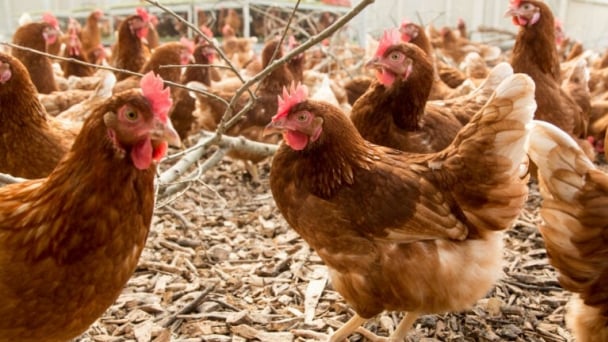
(VAN) The latest Business Benchmark on Farm Animal Welfare (BBFAW) reveals steady progress on farm animal welfare across the global food industry.

(VAN) Green credit is a financial policy that effectively supports environmentally friendly projects and activities today.
/2025/04/09/1049-2-165919_630.jpg)
(VAN) With a revenue of less than VND 30 billion/year, packaging producers are exempted from EPR liability under Decree No. 05/2025 newly issued.
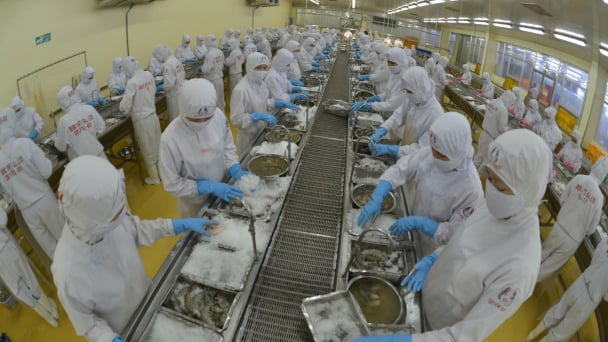
(VAN) Ministry of Agriculture and Environment has issued an Action Plan for sector's development in the coming period, aiming for a growth rate of 4% or higher and an export turnover of USD 65 billion.
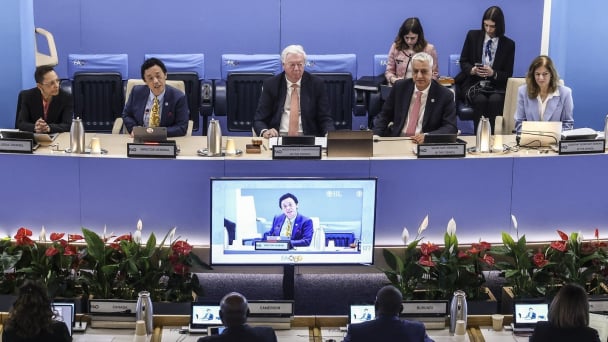
(VAN) The 177th Session of the FAO Council opened on Monday at the Organization’s headquarters in Rome.